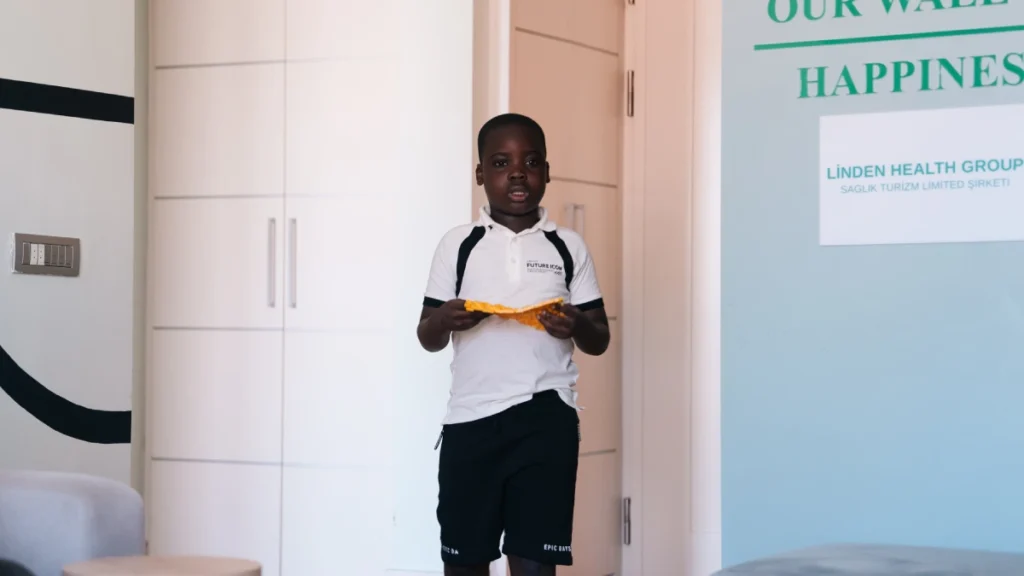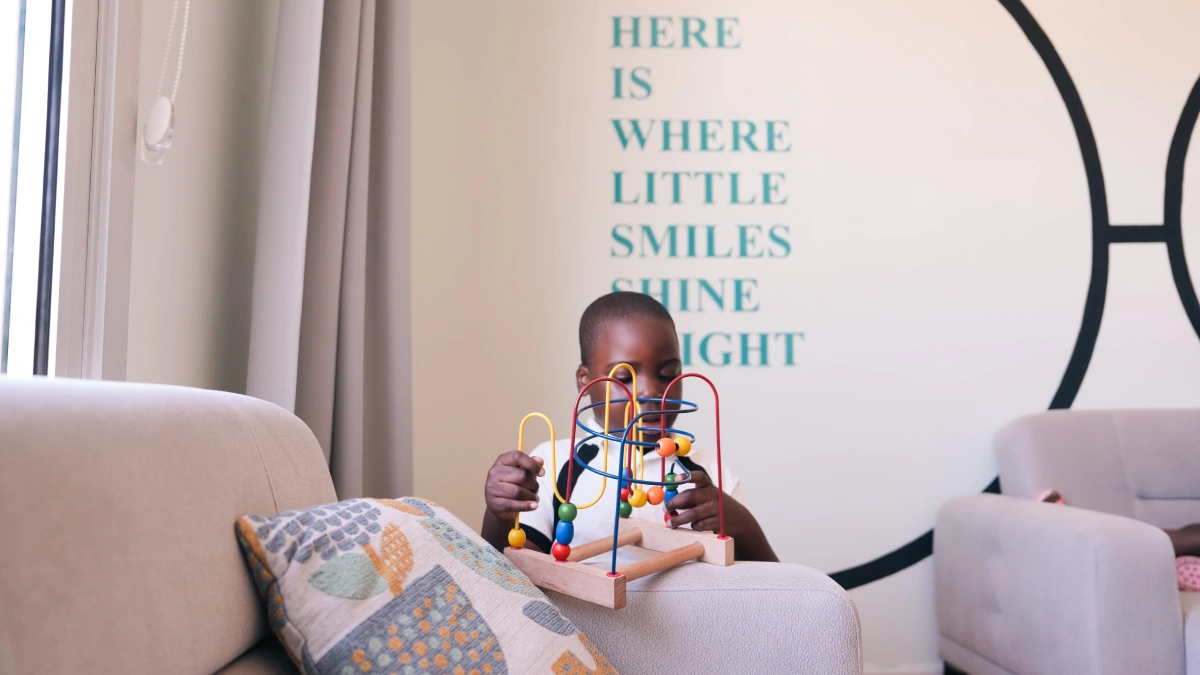Sleep disturbances are one of the most common and challenging issues faced by families of children with Autism Spectrum Disorder (ASD). Difficulty falling asleep, frequent night wakings, and irregular sleep patterns can significantly affect not only the child’s development and behavior but also the entire family’s quality of life.
Among the many interventions explored, melatonin—a naturally occurring hormone that regulates the sleep-wake cycle—has shown promising results. In recent years, several high-quality studies have helped clarify its benefits, proper use, and safety profile for children with ASD.
Table of Contents
Why Do Children with Autism Struggle with Sleep?
Sleep problems affect up to 80% of children with ASD (Sadeh et al., 2021). The underlying causes may include:
- Reduced natural melatonin production
- Sensory sensitivities
- Anxiety or hyperactivity
- Poor sleep hygiene or irregular routines
When sleep is consistently poor, children may experience worsened behavior, reduced attention span, irritability, and delayed cognitive or language development. Supporting healthy sleep is often one of the first steps in holistic autism care.
Melatonin Supplementation: What Does the Research Say?
In recent years, clinical trials and long-term observational studies have confirmed that melatonin can be safe and effective in children with autism:
🧪 Long-Term Efficacy and Safety
A 2022 multinational randomized controlled trial followed children for 2 years using prolonged-release melatonin (PedPRM). The study found significant improvements in total sleep time, sleep latency (how quickly the child falls asleep), and reduced night wakings, without serious adverse effects (Gringras et al., 2022).
💤 Better Sleep = Better Behavior
A 2023 review by Wintler et al. emphasized that melatonin not only improves sleep but also reduces daytime behavioral problems, including hyperactivity, aggression, and self-injury. These changes were especially noticeable when melatonin was used as part of a structured bedtime routine.
📈 Individual Responses Matter
A 2021 meta-analysis by Becker et al. highlighted that while many children respond well to melatonin, dosage, timing, and formulation (immediate vs. extended release) should be customized. Some children benefit from as little as 1 mg, while others may need 3–5 mg under professional supervision.
Practical Considerations Before Using Melatonin
Before recommending melatonin, here are important points to consider:
1. Confirm Sleep Disorder Type
Melatonin works best for delayed sleep onset or fragmented sleep. It is less helpful for sleep apnea or night terrors, which may need other interventions.
2. Start with Non-Pharmacological Strategies
Begin with consistent bedtime routines, screen-free wind-down time, dim lighting in the evening, and calming sensory inputs like white noise or weighted blankets.
3. Dose and Formulation
Start low (0.5–1 mg) and titrate based on the child’s response. Extended-release forms are better for children who wake frequently during the night. Before using consult with healthcare professionals.
4. Use Under Supervision
Though melatonin is available over the counter, it should be used under medical guidance to ensure safety, check for possible interactions, and monitor for long-term effects.
5. Avoid Dependency
Melatonin is a tool, not a cure. The goal should be to use it as a short-to-medium term aid while improving natural sleep habits and reducing anxiety triggers.
Is Melatonin Safe for Long-Term Use?
Recent studies have consistently shown melatonin to be safe even for long-term use in children, including those with neurodevelopmental disorders (Smits et al., 2021). Side effects, if present, are usually mild and may include morning drowsiness, vivid dreams, or bedwetting—most of which resolve with dose adjustment.

Final Thoughts
For many families dealing with late nights, restless bedtimes, and exhausted mornings, melatonin can be a gentle, effective helper. When combined with behavioral strategies and a calming routine, it can dramatically improve not just the child’s sleep—but their daily function and quality of life.
As always, we encourage parents to speak with their healthcare provider before starting any supplement. Every child with autism is unique, and thoughtful, tailored care leads to the best outcomes.
References
- Becker, S. P., Sidol, C. A., Van Dyk, T. R., & Epstein, J. N. (2021). The role of melatonin in sleep among children with autism spectrum disorder: A systematic review and meta-analysis. Journal of Child Psychology and Psychiatry, 62(8), 933–944. https://doi.org/10.1111/jcpp.13370
- Gringras, P., Nir, T., Breddy, J., Frydman-Marom, A., & Findling, R. L. (2022). Long-term efficacy and safety of pediatric prolonged-release melatonin for insomnia in children with autism spectrum disorder. Journal of the American Academy of Child and Adolescent Psychiatry, 61(2), 231–242.e3. https://doi.org/10.1016/j.jaac.2021.06.009
- Sadeh, A., Tikotzky, L., & Kahn, M. (2021). Sleep in children with autism spectrum disorder: A review of literature and implications for interventions. Sleep Medicine Reviews, 59, 101453. https://doi.org/10.1016/j.smrv.2021.101453
- Smits, M. G., Nagtegaal, E. E., van der Heijden, K. B., & Coenen, A. M. L. (2021). Long-term effects and safety of melatonin in children and adolescents with sleep disorders: A review. European Child & Adolescent Psychiatry, 30, 1335–1345. https://doi.org/10.1007/s00787-020-01613-1
- Wintler, A. M., Thomas, S. A., & Schneider, M. L. (2023). Melatonin and behavioral improvements in autism: Sleep as a mediator of brain-behavior outcomes. Neuroscience & Biobehavioral Reviews, 152, 105284. https://doi.org/10.1016/j.neubiorev.2023.105284
